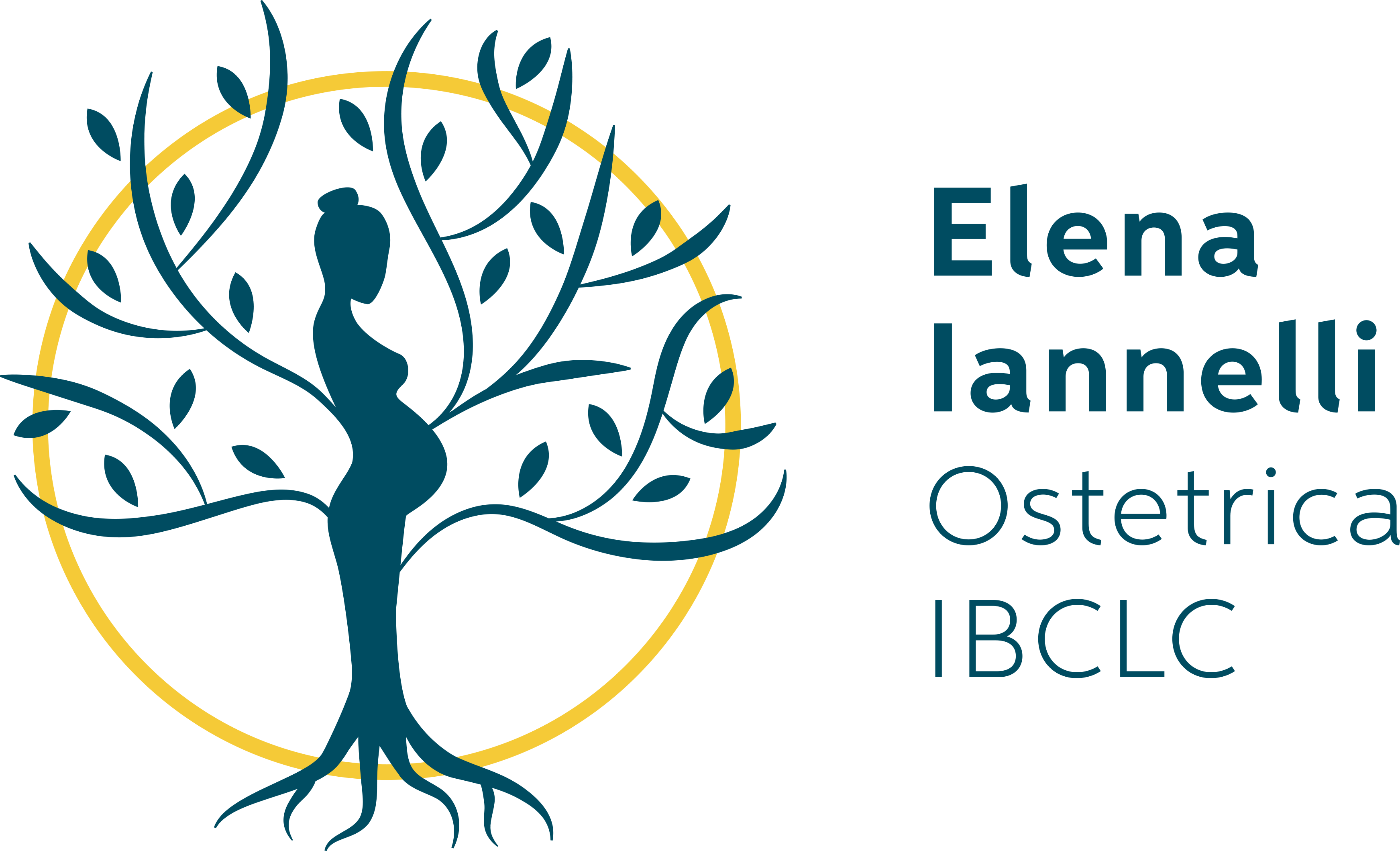How to manage complications in pregnancy in a serene way

Dealing with complications during pregnancy can be a stressful time, but it is possible to manage the situation calmly, working in collaboration with health professionals and adopting strategies to maintain calm and an emotional well-being.
The role of the midwife
First and foremost, it is crucial to maintain open communication with the obstetric team. Share concerns, ask for clarification and get detailed information about the risks in order to create a solid basis for dealing with the situation. Fully understanding the nature of complications will help you make informed decisions and adapt your care plan appropriately.
The midwife is the health professional responsible for the promotion and protection of women’s health and collaborates with general practitioners and doctors specialised in obstetrics in order to offer holistic and personalised care to each woman.
Risk factors in pregnancy
Pregnancy is a time of joy and expectation, but it is also important that you are aware of the most common risk factors that can arise. Facing these challenges with serenity requires a combination of awareness, proper health care and a positive state of mind. Among the most common conditions, complications related to maternal age are often mentioned. Women over 35 may be more susceptible to conditions such as high blood pressure or gestational diabetes. However, regular monitoring and close collaboration between doctor and midwife can help manage such situations, ensuring a healthy pregnancy.
The presence of pre-existing medical situations, such as hypertension or diabetes, may be another cause. In these cases, proactive management of conditions before pregnancy, together with close supervision during gestation, can help reduce potential complications.
Body weight is a key aspect of health during pregnancy. Both overweight and insufficient weight gain can lead to complications. A balanced diet, moderate exercise and weight monitoring in cooperation with the midwife and obstetrician are effective ways to manage this risk factor.
Smoking and alcohol use are known to be harmful to the health of the foetus. Addressing these habits requires a strong will and the support of smoking cessation programmes or substance abuse counselling. Quitting smoking and abstaining from alcohol can significantly reduce risks to pregnancy.
Holistic approach to managing complications in pregnancy
A positive mental attitude is crucial for coping with any difficulties. Stress and anxiety can negatively affect pregnancy. Strategies such as meditation, prenatal yoga and emotional support can help keep you in a peaceful state of mind.
Information is power, so becoming aware of specific complications is essential. Understanding the risks, treatment options and long-term outlook can reduce uncertainty and help make informed decisions together with your health professionals.
In addition, it is helpful to involve your partner or a support person in managing problems. Sharing concerns and making decisions together can ease your emotional burden and create a more supportive environment.
Finally, maintaining a healthy lifestyle is important to cope with certain situations during pregnancy. A balanced diet, moderate exercise and sufficient rest contribute to physical and mental wellbeing, providing the strength to cope with challenges.
In summary, managing complications in pregnancy requires a holistic approach involving open communication with the obstetrician and midwife, stress management, ongoing education, the involvement of social support and a healthy lifestyle. By maintaining a positive and collaborative perspective, it is possible to face challenges calmly, working together for the well-being of both mother and baby.

